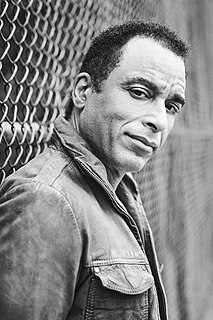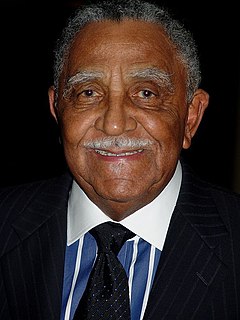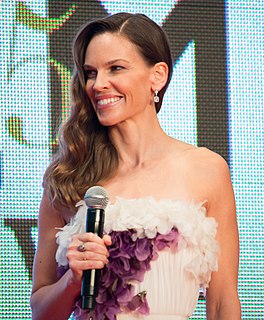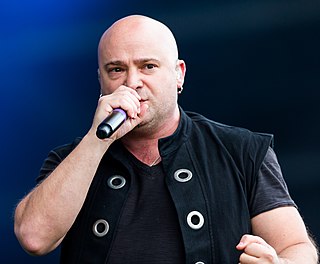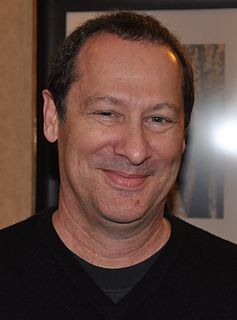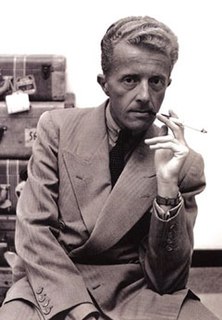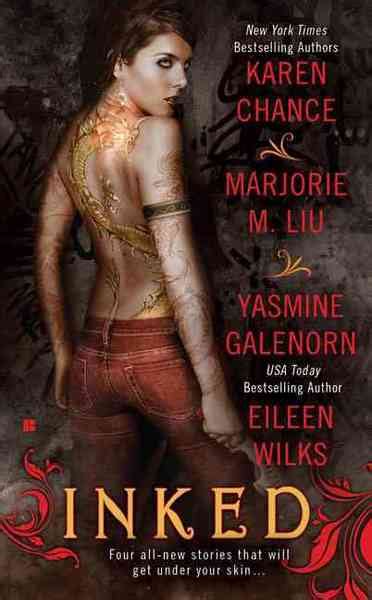A Quote by Elisabeth Kubler-Ross
dying nowadays is more gruesome in many ways, namely, more lonely, mechanical, and dehumanized; at times it is even difficult to determine technically when the time of death has occurred.
Related Quotes
When one existentially awakens from within, the relation of birth-and-death is not seen as a sequential change from the former to the latter. Rather, living as it is, is no more than dying, and at the same time there is no living separate from dying. This means that life itself is death and death itself is life. That is, we do not shift sequentially from birth to death, but undergo living-dying in each and every moment.
I can't deny the impact of, obviously, becoming a father and having my son come into this world, and even becoming a husband. The irony is that, when people think that in certain ways it softens you, in many ways, I'm more defensive and more on guard and more frightened and more angry at everything in this world now that I have them to worry about.
I hear that players tend to burn out of basketball, but I absolutely never had that experience myself. There were many times in my life where I got cut from a team I wanted to make, or didn't get playing time in high school, and even into college. But setbacks always inspired me to work harder, spend more time in the gym, play more, learn more, and watch more basketball.
In many ways the book [Saving Calvinism] is trying to argue for a more popular audience things I've said in some more scholarly works, namely, that the Reformed tradition is broader and more variegated than is often reported today, and that we need to recapture something of this in order that we don't end up unnecessarily narrow in our doctrine and in order to keep some perspective.
We have the heaviest concentration of lawyers on Earth -- one for every five-hundred Americans; three times as many as are in England, four times as many as are in West Germany, twenty-one times as many as there are in Japan. We have more litigation, but I am not sure that we have more justice. No resources of talent and training in our own society, even including the medical care, is more wastefully or unfairly distributed than legal skills. Ninety percent of our lawyers serve 10 percent of our people. We are over-lawyered and under-represented.
How many more times do we have to come to terms with death before we find safety?" he asked. He waited a few minutes, but the three of us didn't say anything. He continued: "Every time people come at us with the intention of killing us, I close my eyes and wait for death. Even though I am still alive, I feel like each time I accept death, part of me dies. Very soon I will completely die and all that will be left is my empty body walking with you. It will be quieter than I am.
Because we don't know when we will die, we get to think of life as an inexhaustible well. Yet everything happens only a certain number of times, and a very small number really. How many more times will you remember a certain afternoon of your childhood, an afternoon that is so deeply a part of your being that you can't even conceive of your life without it? Perhaps four or five times more, perhaps not even that. How many more times will you watch the full moon rise? Perhaps 20. And yet it all seems limitless.
My name is Cassie Palmer and I’ve cheated death more times than anyone has a right to expect. In the last two months, I’ve been shot, stabbed, beaten and blown up a few dozen times, and that doesn’t count all the magical ways I’ve almost been killed. I’d have been dead a long time ago if not for my friends, one of whom had just jumped off the cliff after me. I’d have been a lot more appreciative if he hadn’t pushed me first.

